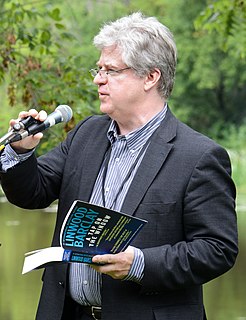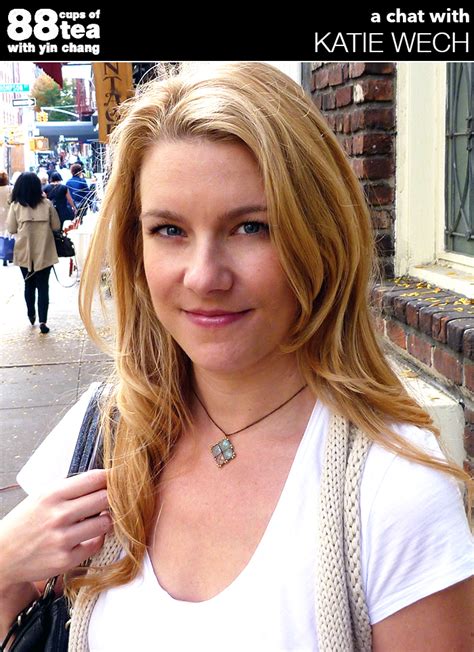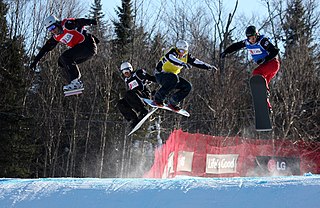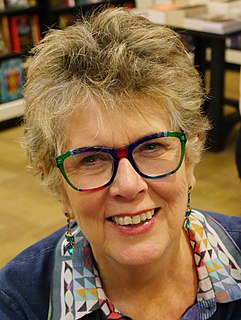A Quote by Linwood Barclay
Some authors, when starting a novel, imagine a place first. Others, a character starts taking shape in their head. I start with a hook, a situation, a 'what if.
Related Quotes
I always have to start with a character that I can really hook into, and then build from there. I have writer friends who start from a world, an object or some kind of concept that they then hone and widdle into a story. But, for me, it has to be a character that I can really sink my teeth into and live with, for months and months.
What was fun for me with this book [Lincoln in the Bardo] was to start out with the principle that went, "We're going to fight every day to make this not a novel; make it too short to be a novel." And then with that principle in place, the book sort of starts to say, "Okay, but I really need this. I really need some historical nuggets." And you're like, "All right, but keep it under control."
I always think I know the way a novel will go. I write maps on oversized art pads like the kind I carried around in college when I was earnest about drawing. I need to have some idea of the shape of the novel, where its headed, so that I can proceed with confidence. But the truth is my characters start doing and saying things I don't expect.
Some authors write nonsense in a clear style, and others sense in an obscure one; some can reason without being able to persuade, others can persuade without being able to reason; some dive so deep that they descend into darkness, and others soar so high that they give us no light; and some, in a vain attempt to be cutting and dry, give us only that which is cut and dried. We should labor, therefore, to treat with ease of things that are difficult; with familiarity, of things that are novel; and with perspicuity, of things that are profound.





































